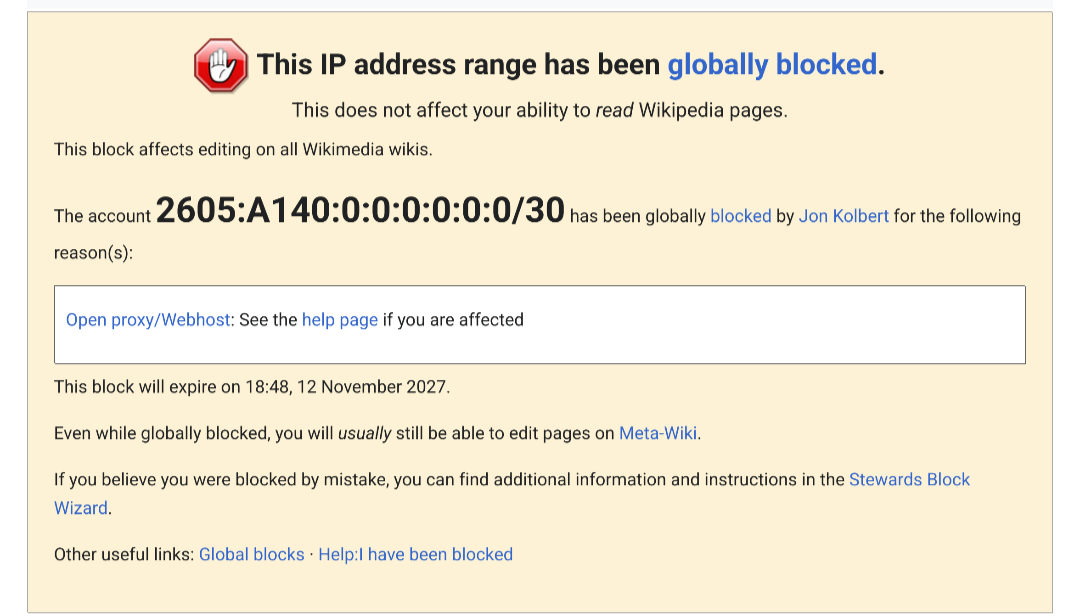

In the past, the Supreme Court has ruled that penalising someone for failing to file or omitting information on a form which would incriminate them violates Amendment 5.
The case was regarding a tax imposed on gambling. People who ran gambling operations had to pay a tax of 10% of the amounts wagered and register with the IRS. At this time, gambling was illegal (almost) nationwide. The IRS then made those registration records available to gaming authorities, who would use them to prosecute anyone who registered.
The court ruled that forcing them to register and then providing this information to gaming authorities to prosecute people violated Amendment 5, and thus a person so convicted for failing to register could assert an Amendment 5 privilege against conviction.
Edit: Marchetti v. United States, 390 U.S. 39









If this had been a right-wing politician’s rally instead, every conservative in the country would be calling for all members of the Democratic Party to be hanged for this heinous crime, regardless of the identity or motive of the perpetrator.